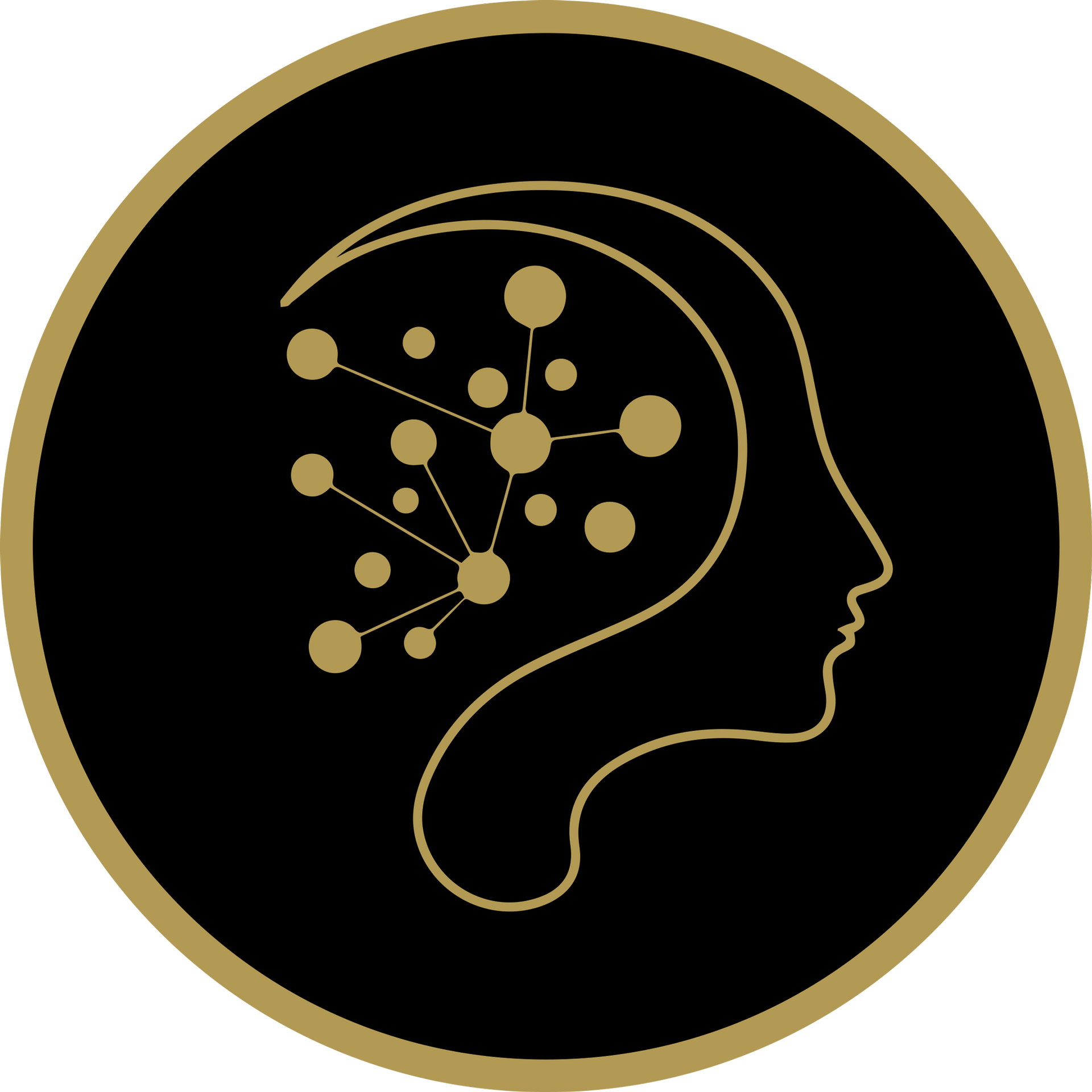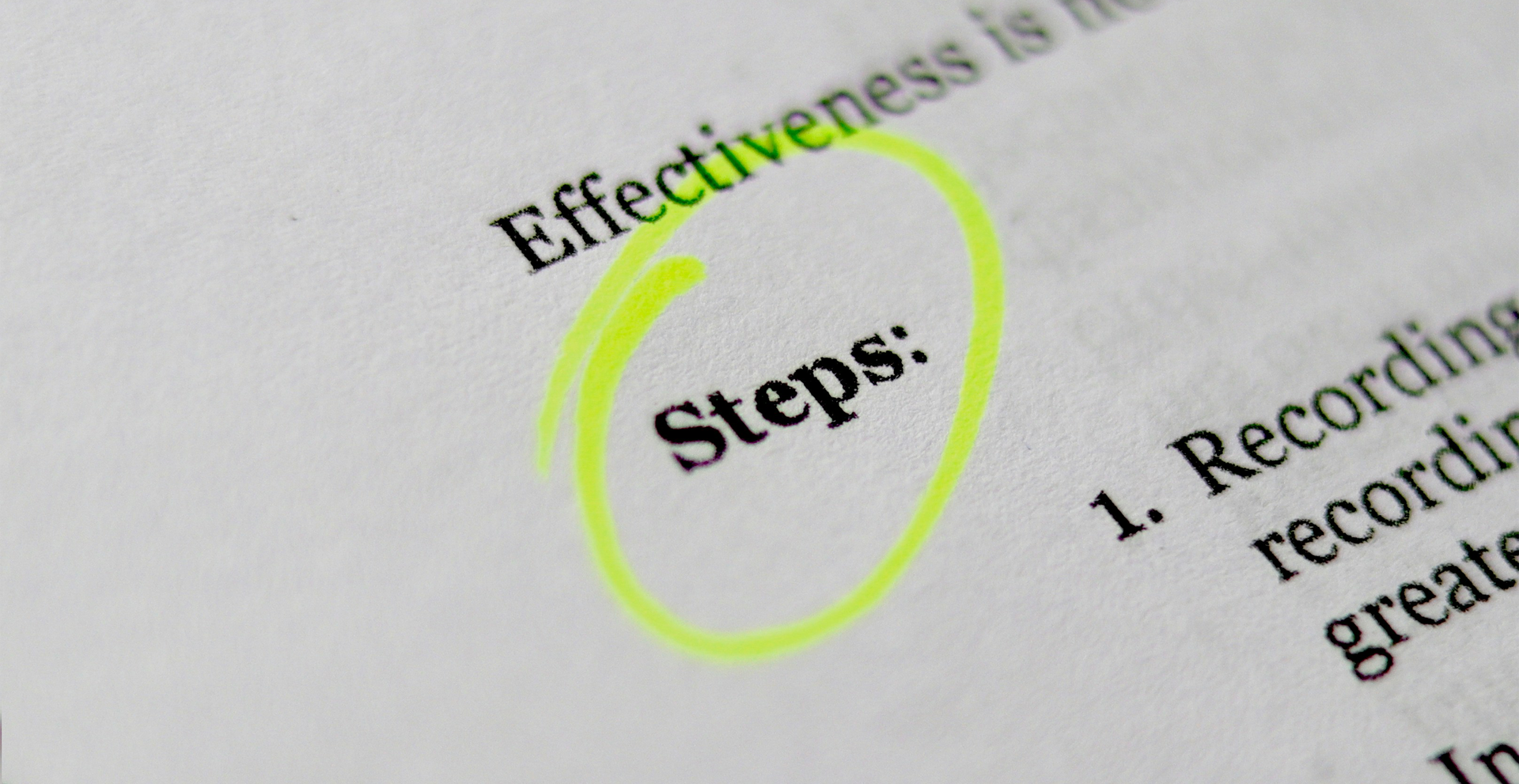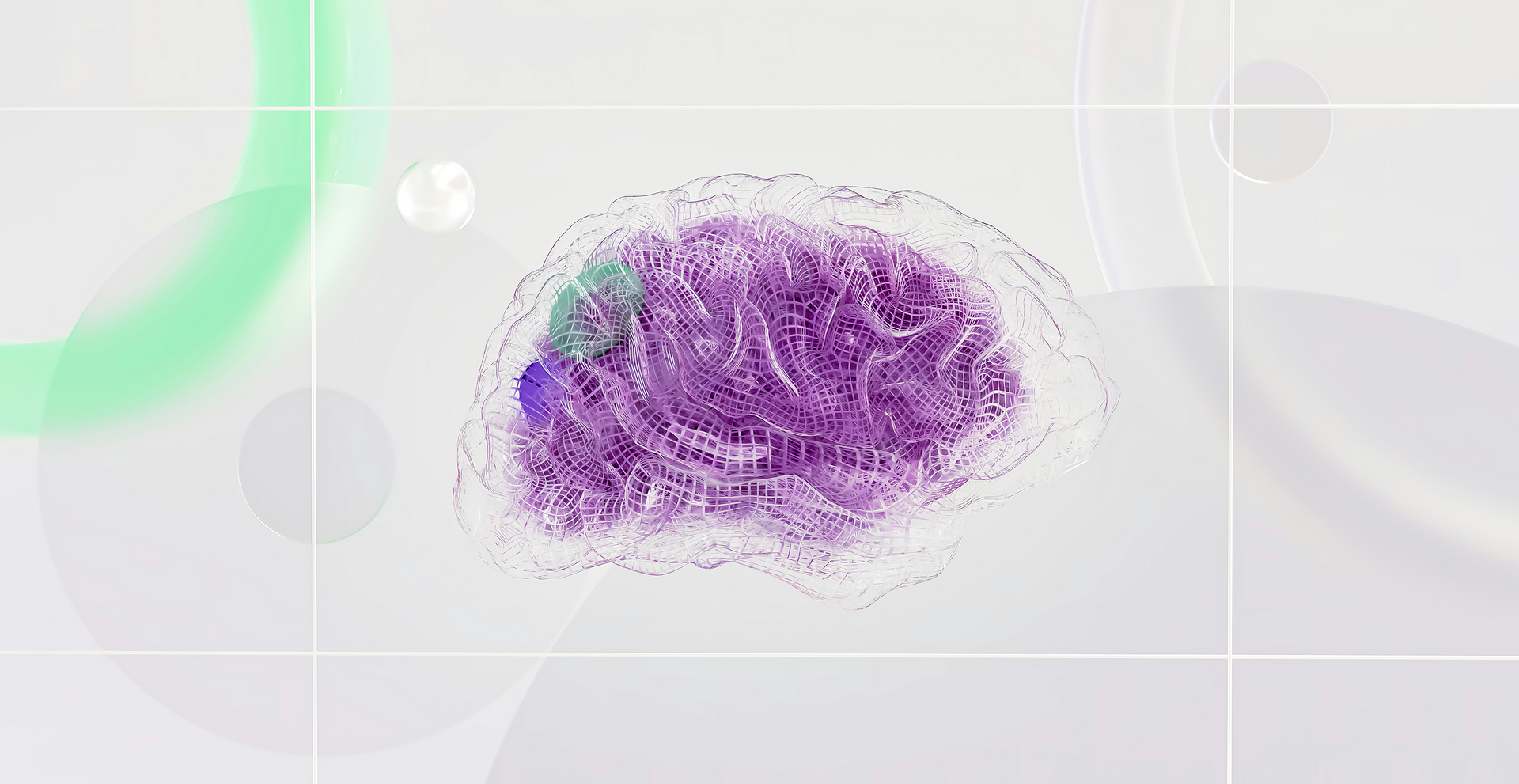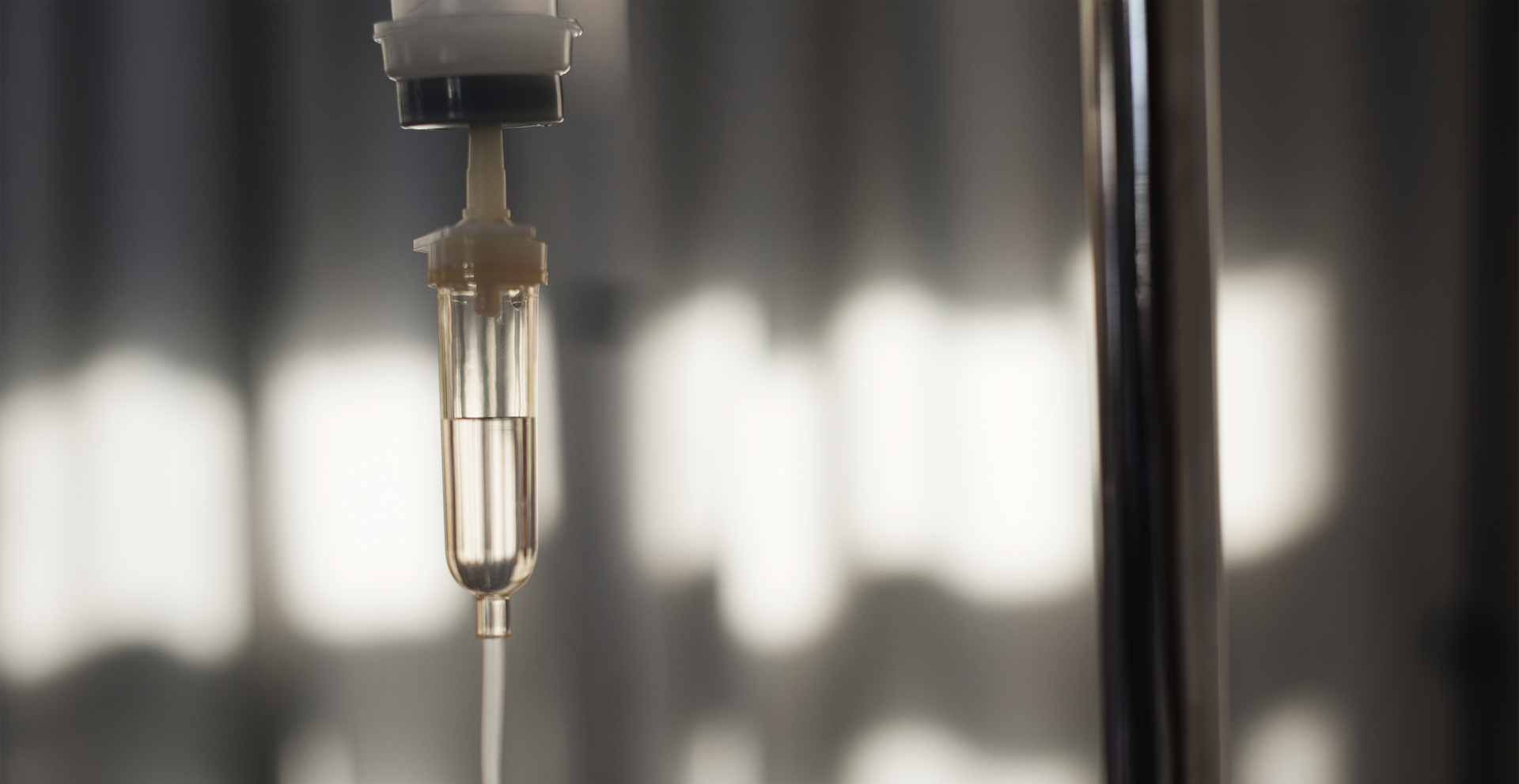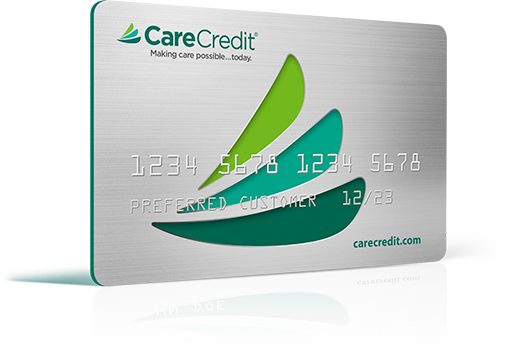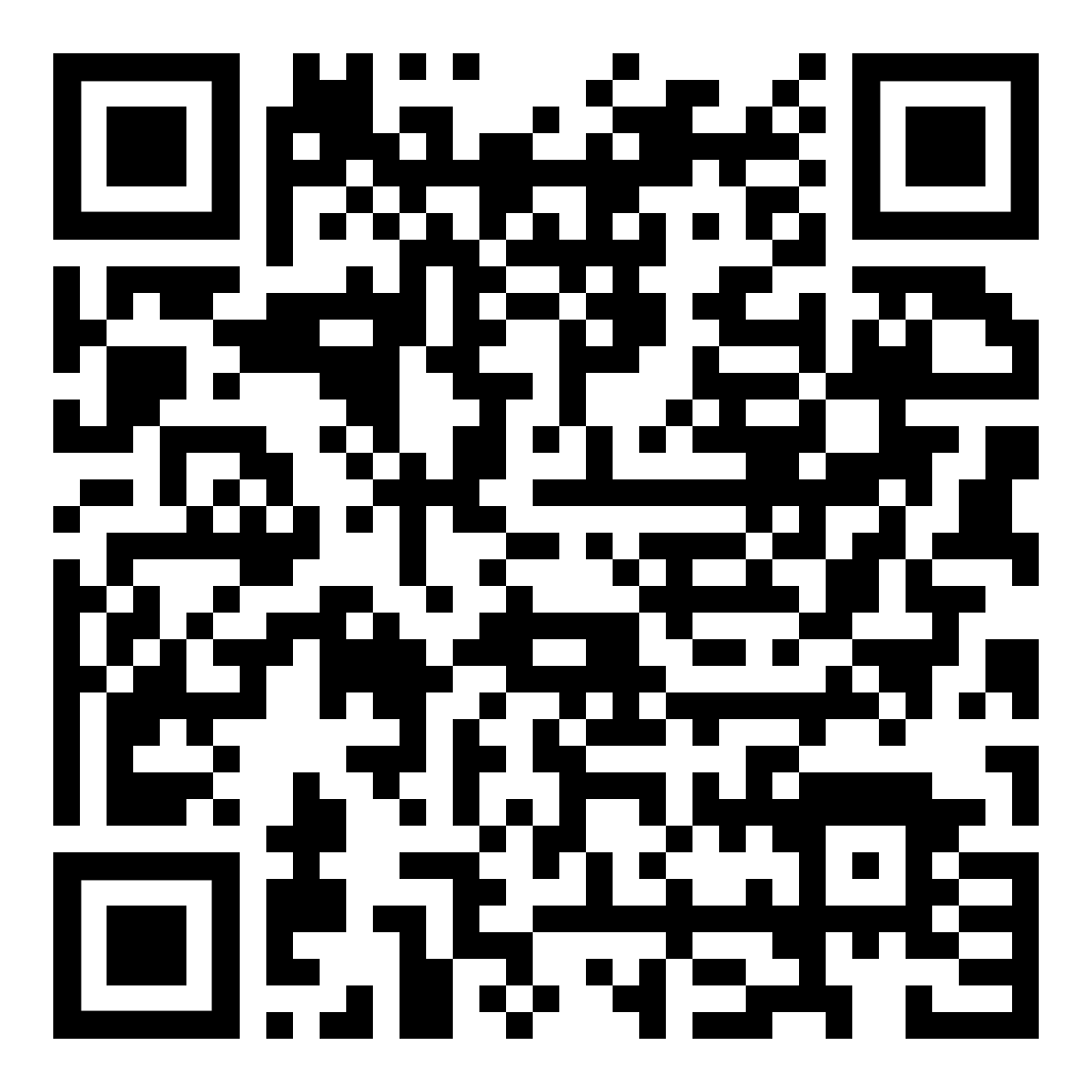Diagnosis And Definition of Treatment-Resistant Depression
In today's society, the topic of mental health has become increasingly prevalent. However, one aspect that is often overlooked and not fully understood is treatment-resistant depression.
This condition affects millions of individuals worldwide and can be incredibly debilitating for those who suffer from it. Despite its impact on people's lives, there is still much confusion surrounding its diagnosis and available treatments.
In this blog post, we will delve into the definition of treatment-resistant depression and explore the various methods used to diagnose this complex disorder. By gaining a better understanding of this condition, we hope to bring awareness and educate our readers on how to identify it in themselves or their loved ones.
Understanding Depression and Its Prevalence
Depression, classified as a mood disorder, is marked by persistent feelings of sadness, loss of interest, and a lack of enthusiasm for activities once enjoyed. It is a common mental health issue, with the World Health Organization (WHO) reporting around 264 million individuals being affected globally.
Depression ranges in severity from mild to severe, with severe cases sometimes leading to self-harm or suicide. The ubiquity and severity of depression underscore the importance of understanding this condition, particularly its treatment-resistant form.
Despite its prevalence, the stigma around mental health often hinders individuals from seeking support and treatment. Bringing awareness to this disorder aims to counter this stigma and promote mental wellness.
Treatment-Resistant Depression: Definition and Diagnosis
Treatment-Resistant Depression (TRD) is a specific form of depression characterized by the lack of adequate response to at least two different antidepressants from different classes, each taken for a sufficient duration at an
adequate dose.
It is considered a severe and complex form of depression that is particularly challenging to treat. Despite numerous attempts with various medications and therapies, individuals with TRD may find little to no relief, leading to a significant impact on their quality of life.
Diagnosing TRD involves a comprehensive evaluation. Firstly, a psychiatrist or mental health professional will ensure that the diagnosis of depression is correct and that the individual has adhered to a full course of treatment at the appropriate dose.
They will then explore the possibility of other factors contributing to the resistance to treatment, such as co-existing mental health disorders, chronic health conditions, or substance abuse.
The individual's personal life, including their relationships, employment situation, and overall lifestyle, may also be examined to ascertain any potential external factors influencing the depression's resistance to treatment.
Factors Contributing to Treatment-Resistant Depression
Several factors may contribute to Treatment-Resistant Depression (TRD),
making it a multifaceted problem.
Genetic predisposition plays a significant role in the development of TRD. Certain individuals may have a genetic makeup that makes them less responsive to the antidepressant medications typically used to
treat depression.
Another critical factor is the presence of additional mental or physical health disorders. For instance, anxiety disorders, personality disorders, and chronic physical illnesses can complicate the treatment of depression and make it more resistant to treatment.
Lifestyle factors can also contribute to TRD. This includes substance abuse, poor nutrition, lack of physical activity, and inadequate sleep, which can all increase the severity of depression and reduce the effectiveness of treatment.
Lastly, environmental factors such as chronic stress, traumatic events, and
exposure to physical, sexual, or emotional abuse can significantly influence the
development and treatment resistance of depression. Understanding these
contributing factors is crucial in devising an effective treatment plan for TRD.
Medications Commonly Used to Treat Depression
Antidepressant medications are generally the first line of treatment for depression. They come in various classes, including Selective Serotonin Reuptake Inhibitors (SSRIs), Serotonin and Norepinephrine Reuptake Inhibitors
(SNRIs), Tricyclic Antidepressants (TCAs), and Monoamine Oxidase Inhibitors (MAOIs).
- Selective Serotonin Reuptake Inhibitors (SSRIs): SSRIs, such as Fluoxetine, Sertraline, and Citalopram, are among the most commonly prescribed antidepressants. They work by increasing the level of serotonin, a neurotransmitter associated with mood, in the brain.
- Serotonin and Norepinephrine Reuptake Inhibitors (SNRIs): SNRIs, including Venlafaxine and Duloxetine, act on both serotonin and norepinephrine neurotransmitters and are often used when SSRIs are ineffective.
- Tricyclic Antidepressants (TCAs): Although not commonly used as a first-line treatment due to their side effects, TCAs like Amitriptyline and Nortriptyline can be effective in treating certain cases of depression.
- Monoamine Oxidase Inhibitors (MAOIs): MAOIs, such as Phenelzine and Moclobemide, are typically used when other antidepressants don't work. They can have serious side effects and require a strict diet due to dangerous food interactions.
It's important to bear in mind that the effectiveness of antidepressants varies from person to person, and what works best will depend on the individual's specific symptoms, overall health, the presence of co-occurring mental or physical health disorders, and their response to medication. As such, it may take time and patience to find the most effective medication and dosage for each person.
Exploring Alternative Therapies for Treatment-Resistant Depression
For those who find little relief from traditional antidepressant medications, alternative therapies may present a viable option. A holistic approach to managing depression can encompass various strategies, from lifestyle changes
to novel treatments.
Psychotherapy: In some instances, combining medication with psychotherapy can be more effective than medication alone. Cognitive-behavioral therapy (CBT) and interpersonal therapy (IPT) are commonly used psychotherapeutic approaches.
Electroconvulsive Therapy (ECT): Often reserved for severe, life-threatening cases of depression or when all other treatment options have failed, ECT involves passing electric currents through the brain to impact the function and effect of neurotransmitters in your brain to relieve depression.
Transcranial Magnetic Stimulation (TMS): TMS is a noninvasive procedure involving a magnetic field to stimulate brain nerve cells. It's often considered when standard treatments are ineffective.
Vagus Nerve Stimulation (VNS): VNS is a surgical procedure where a device is implanted under the skin that sends electrical signals to the brain via the vagus nerve. It's primarily used for treatment-resistant cases.
Lifestyle Modifications: Incorporating regular physical activity, a balanced diet, adequate sleep, and mindfulness practices like meditation and yoga can have a beneficial impact on mental health.
Complementary Therapies: These can include acupuncture, massage, and herbal supplements. However, it's essential to discuss these with a healthcare provider before starting, as some can interact with existing medications.
Remember, everyone is different, and what works for one person may not work for another. Always consult with a healthcare professional or a mental health expert when considering alternative therapies.
Seeking Support from Loved Ones and Professionals
Reaching out to loved ones and professional mental health providers can be incredibly beneficial for individuals dealing with Treatment-Resistant Depression (TRD).
The support of family and friends provides a vital network of understanding, empathy, and encouragement. Open communication about the struggles experienced can help reduce feelings of isolation and loneliness often associated with depression.
On the other hand, professional mental health support is crucial in managing TRD. Mental health professionals, such as psychologists, psychiatrists, and counselors, can provide a range of services including but not limited to diagnosis, therapy sessions, medication management, and alternative treatment options. They can also provide education about TRD and tools for coping with this challenging condition.
Support groups, both in-person and online, can also be a valuable resource for those living with TRD. These groups offer a safe space to share experiences, gain advice, and receive reassurance from individuals going through similar
experiences.
Remember, seeking help is not a sign of weakness but a step towards recovery. No one has to face Treatment-Resistant Depression alone, and there are many available options for assistance. It's important to reach out and seek the support needed to manage this condition effectively.
Conclusion
Understanding and managing Treatment-Resistant Depression (TRD) can be an arduous journey, filled with trials and challenges.
However, with the right information, support, and healthcare guidance, it's possible to navigate this terrain and improve one's quality of life. In essence, TRD is not a dead-end, but rather a call for a comprehensive, personalized
treatment approach.
From conventional medications to alternative therapies, lifestyle modifications, and support networks — there are multiple avenues to explore. And while the stigma surrounding mental health issues like TRD can seem to heighten the struggle, remember that seeking help is an act of strength.
By bringing discussions on TRD into the open, we can gradually chip away at this stigma, fostering a culture of understanding and compassion. Remember, no one is alone on this journey, and help is always available.
About Us
Having the right treatment options and support system is crucial when fighting a battle against depression. We are here to help you with depression, anxiety, OCD, PTSD, and more. In fact, TMS therapy may be the innovative solution your need.
We use modern psychiatric methods to treat these mental health problems and will derive a treatment plan best suited for your unique needs. You can reach us at (239) 935-5599 or fill out our contact form to learn more about our treatment options. Local to Fort Myers? We can help!
MENTAL HEALTH SERVICES
BOOK A CONSULTATION
Knowing that you are not alone is of utmost importance. Seek assistance for depression today!
OUR SERVICE SUPPORTS MENTAL WELLNESS
- Depression
- Lack of Joy
- Sadness and Despair
- Low Mood
- Lethargy
- Insomnia
- Oversleeping
- Social Isolation
- Self-Harm
- Substance Abuse
- Suicidal Ideation
- Alcoholism
